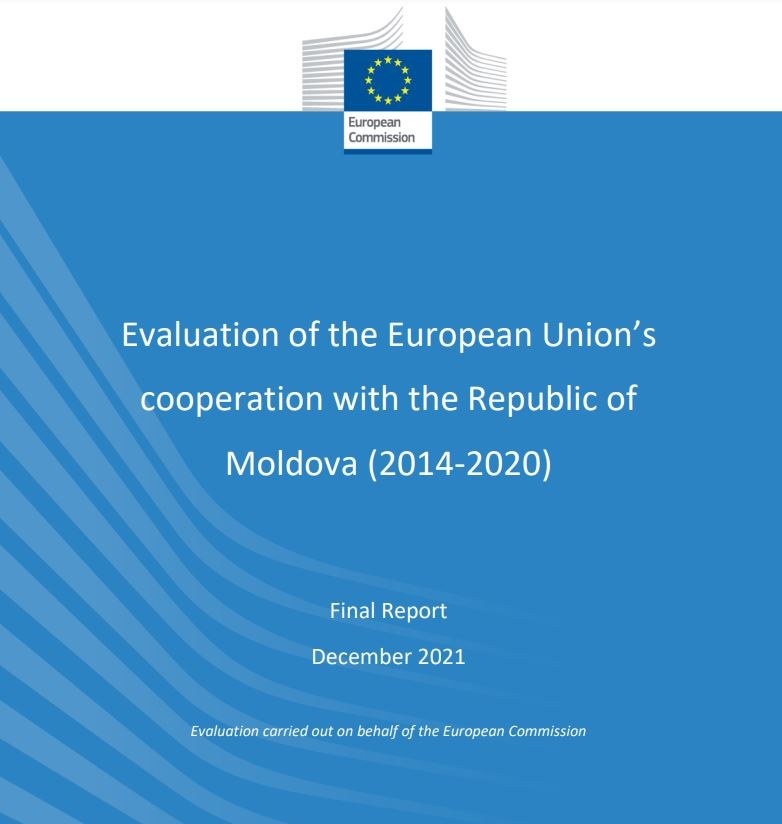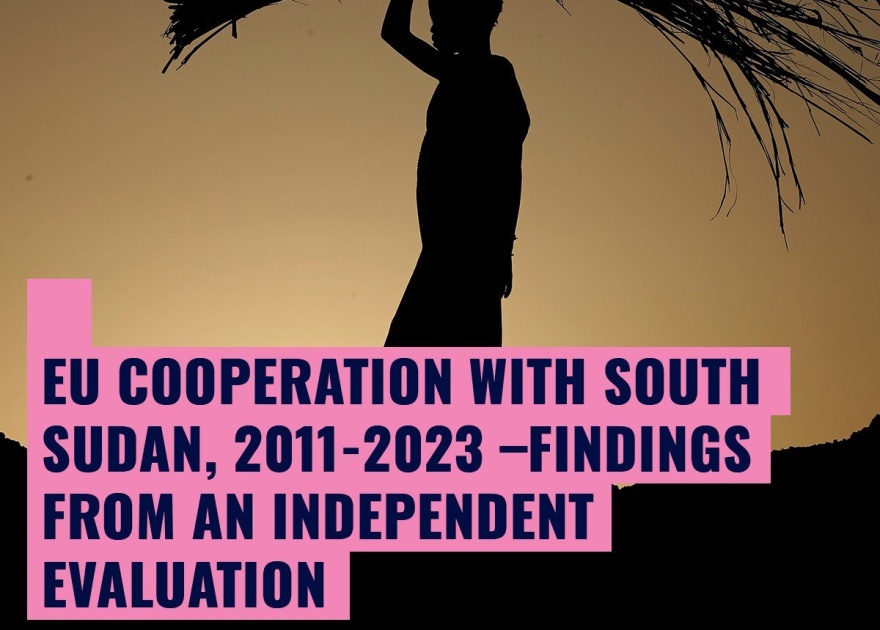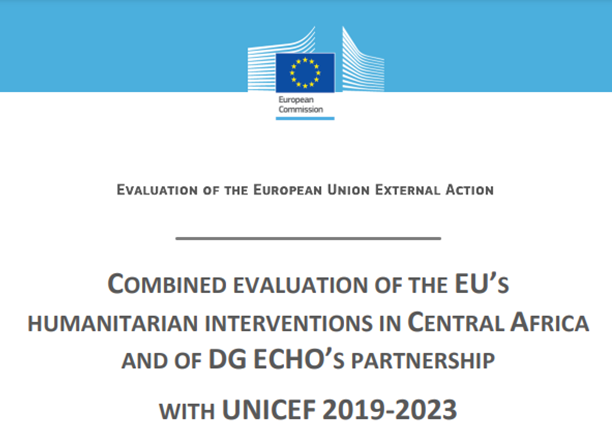Landell Mills completes evaluation of the EU’s cooperation with the Republic of Moldova (2014-2020)
Landell Mills completes evaluation of the EU’s cooperation with the Republic of Moldova (2014-2020)
Landell Mills has recently completed an Evaluation of the European Union’s cooperation with the Republic of Moldova (2014-2020). We are pleased to invite you to download the full report here.
This evaluation provides an assessment of the European Union’s cooperation with the Republic of Moldova under their Association Agreement between 2014 and 2020. Covering policy dialogue and all types of financial assistance, the evaluation addressed the relevance, efficiency, effectiveness, sustainability and impact of EU support in the areas of: agriculture and rural development; governance; infrastructure, energy and climate change; education, mobility and people-to-people contacts; business environment; and civil society. Its main conclusions were:
- The EU’s cooperation with Moldova has demonstrated resilience to major shocks both internal and external. This was largely thanks to the mix of modalities. The EU has gradually adapted these modalities to the context, through its multi-year programming cycles.
- The EU’s intervention is by and large positive, coherent and relevant. It has shown demonstrable results.
- Yet, cooperation between the EU and Moldova has not been able to overcome the considerable challenges it faced: this cooperation has therefore not contributed tangibly to durable, perceptible changes for citizens in key areas such as anti-corruption, justice, diversification of the rural economy, or employability of vocational and training graduates.
- When EU assistance directly targeted citizens, impact was evident. But the competing system of loyalties and private interests often held back the services and rights which depend on effective, efficient, accountable and participatory governance.
- The EU’s cooperation with Moldova is not always clearly articulated. The EU lacks the analytical and programming tools to fully capture how its own intervention interacts with and influences changes in Moldova.
- Importantly, it is also difficult for the EU to monitor and demonstrate progress towards change, and the way its interventions interact with a complex and challenging environment.
- EU cooperation with Moldova needs to penetrate deeper into the public administration, justice and law enforcement sectors, and invest increasingly in the local and technical levels of society and governance.
Overall, the analysis confirmed that EU cooperation has contributed to tangible changes in the action of state authorities and civil society partners in these sectors. Its findings point to a positive contribution of the EU to reforms and to important improvements in the lives of Moldovan citizens.
In addition, the evaluation sheds light on those factors which have hampered the impact of this cooperation, and identifies avenues to strengthen the future design, implementation and monitoring of support programmes coupled with sustained political dialogue.
While the findings and recommendations are directly pertinent for Moldova, they are also of interest to the EU, national authorities and practitioners working in the EU’s neighbourhood.
This evaluation represents the latest in a series of strategic evaluations of EU support conducted by the Landell Mills consortium, including geographic evaluations of EU cooperation in Central African Region, Armenia, and Serbia. We have also evaluated thematic areas of Security Sector Reform and Civil Society and instruments such as Budget Support (El Salvador), the Instrument for Stability and Peace, the EU Trust Fund Madad, and the Facility for Refugees in Turkey.



